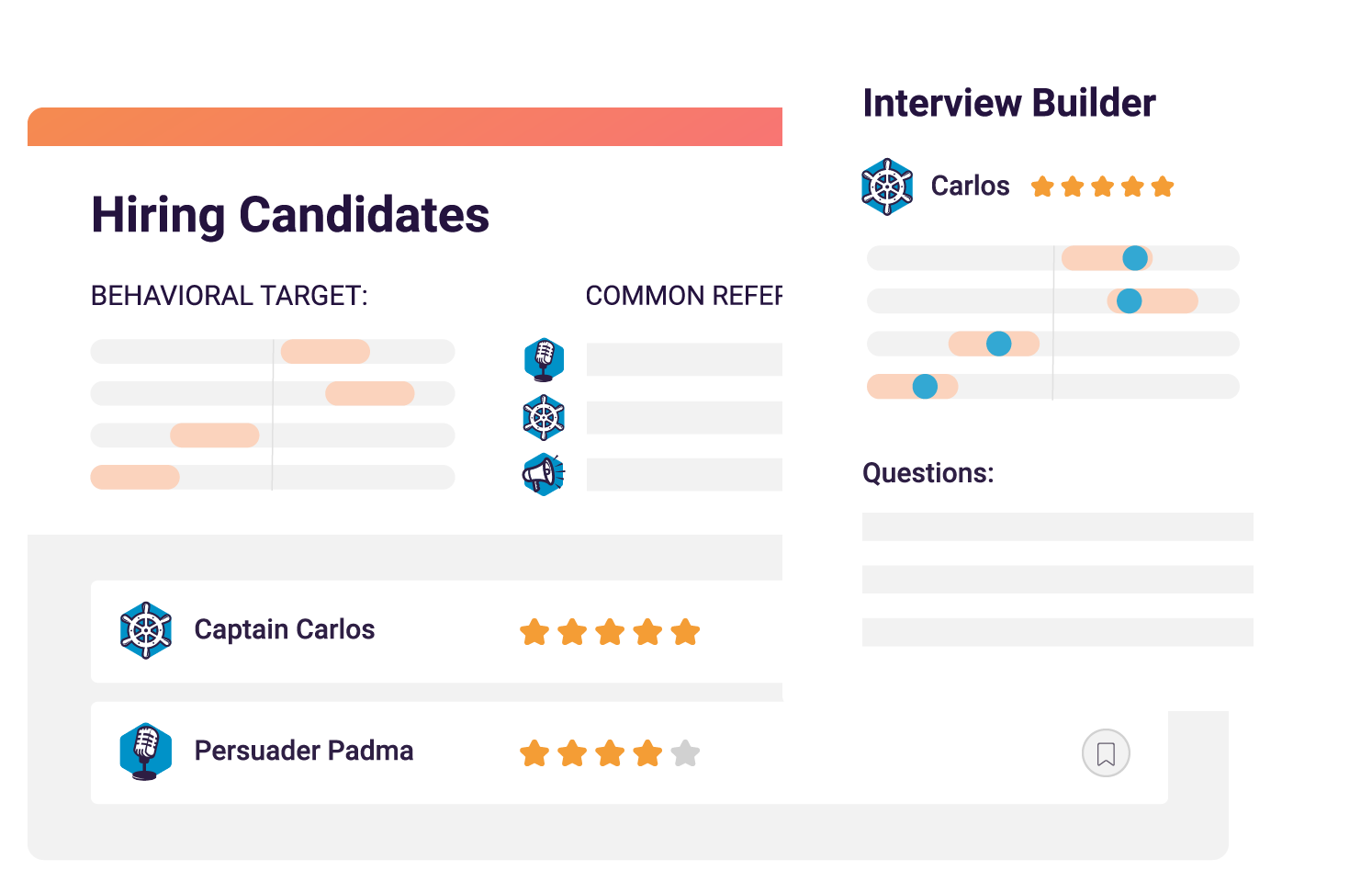A recent lawsuit involving the Society for Human Resource Management (SHRM) highlights a critical lesson for organizations: It’s essential to have unbiased processes and thorough documentation in HR.
According to the lawsuit, the plaintiff, a former employee described as a brown-skinned Egyptian Arab woman who had worked on SHRM’s educational design team for six years, filed a case alleging race discrimination and retaliation in 2022.
SHRM denied the allegations, stating the employee was terminated due to poor performance. But the judge ruled that the case would go to trial, citing discrepancies in documentation—such as positive performance reviews that contradicted SHRM’s claims.
A jury will ultimately decide whether SHRM’s investigation was legitimate. SHRM has said it is prepared to “vigorously” fight claims it maliciously engaged in race discrimination. That includes the plaintiff’s claim that their supervisor “systematically favored” white employees.
No matter the outcome here, it’s a situation that may have been avoided with sound adherence to a specific documentation process.
HR documentation helps mitigate bias.
This case is a reminder of how essential it is for HR departments to adopt solid processes that remove bias and ensure accountability. Bias, even unconscious, can easily creep into performance reviews, promotions, or daily management decisions. That’s why it’s important for organizations to implement systems that focus on objective criteria rather than subjective judgment.
HR software tools can play a pivotal role here by helping structure feedback and performance reviews, and ensure transparency across the board. Especially with discrimination cases, where the material is inherently sensitive, there’s no such thing as too much documentation.
PI Perform enables HR teams to eliminate ambiguity by making transparency the norm. Notation is at the core of the tool, eliminating the sort of discrepancies SHRM is combating. When everything is tracked in real time, gray areas are minimized, and any accusations of bias can theoretically be disproven through data.
By not cleanly tracking performance – or not tracking it consistently – companies make things much murkier.
Empower the Managers at your Organization
Explore how PI Perform uncovers behavioral insights to help managers prep, communicate, coordinate, and lead their teams.
HR software that improves communication – and compliance
A lack of comprehensive documentation was a significant factor in the SHRM case. Despite SHRM’s argument of poor performance, the plaintiff’s reviews showed she was a “Solid Performer.” The absence of documented evidence supporting SHRM’s claims opened the door for the case to move forward.
Proper documentation isn’t just about best practices; it’s about protecting both employees and the company. When conversations, feedback, and performance issues are date-stamped, they offer a clear, traceable record that leaves little room for ambiguity in legal or performance disputes.
HR software can be far more than a productivity tool—it can serve as a compliance solution. By making documentation part of everyday processes, rather than an added step, organizations can reduce legal risks and create a fairer, more transparent workplace. Systems that structure and standardize 1:1 meetings, feedback, and performance conversations ensure that data is collected consistently. They reduce bias and providing a clear trail of actions.
While this case is still ongoing, one might wonder: If the employee and SHRM had utilized such tools, would these issues be avoided through a paper trail of clear, timely and transparent feedback?
Every organization should take note of this case and adopt measures that help them document, manage, and de-risk their people operations. By investing in the right tools, you improve processes and set clear expectations for employees. You also protect your organization from potential legal challenges and the untold costs (financial and reputational) that come with litigation.
Having a process for documentation can save you thousands of dollars.
In the end, good documentation and unbiased processes aren’t just about avoiding lawsuits. They’re about fostering a culture of fairness, transparency, and accountability, where everyone can thrive.
You can minimize holes in your HR processes. PI Perform empowers you to create a fair, transparent, and compliant workplace by documenting day-to-day actions without any additional effort from your HR team.
Ready to see how Perform can help? Schedule a demo today.








